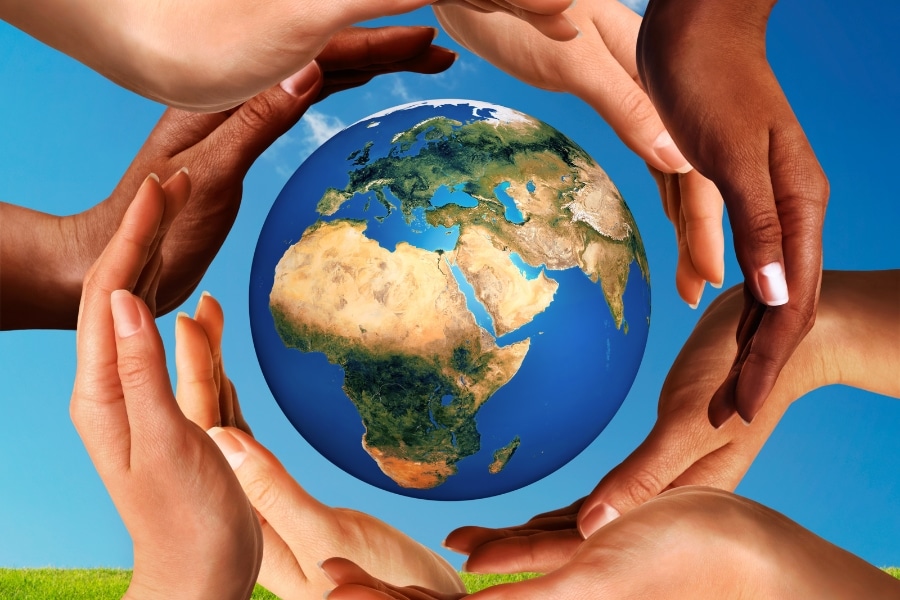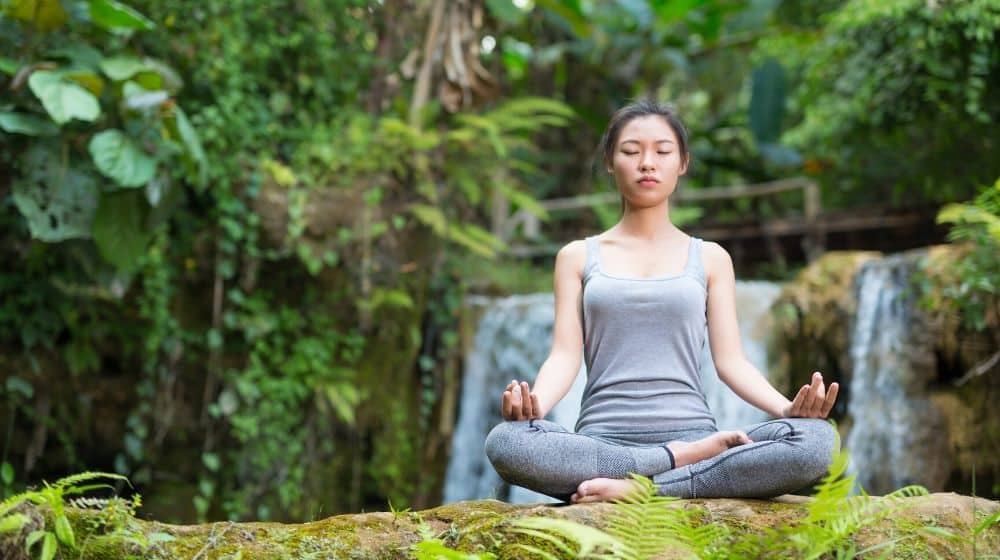You have probably heard that vegetables are superior to meat, and at this point in our lives, where vegan food finally has a lot of varieties and substitutes, making a switch is the best thing for the world. Maybe you are inspired by someone and want to try a vegan diet that excludes all animal products like meat, eggs, dairy, etc. The benefits of a vegan diet are many. However, it is also important to note that both diet types, be it vegan or vegetarian, have their benefits. Deciding to make a switch and making a switch are two completely different things, and to make a switch successfully, you need to be well prepared.
It can be overwhelming when you switch to something new; be it any aspect of your life, change isn’t easy. Changing your diet style isn’t easy, especially when switching from a nonvegetarian diet to a vegan diet. Completely cutting out dairy and meat products abruptly is bound to be difficult, which is why it is always a smart option to know a few tips and tricks that will help make your journey easy.
Contents
Focus On Vegetables

Almost all individuals at the beginning stage of their diet switch focus on the many things they will not be able to eat instead of focusing on their options. Do not start any journey thinking of the few negatives. Focus on the positive and start the change. Great and healthy meals do not necessarily have to center on meat. Meals packed with a variety of veggies are an all-around winning choice. Veggies contain many vitamins and minerals, and they also keep your calories regulated. Another great benefit of veggies is that they are packed with fiber which leaves your stomach feeling satisfied.
Try Varieties

Variety is important, be it any diet. It is important to receive the many vitamins and nutrients required by your body, and you can only do this by eating various food items. No one food can provide you with all the necessary proteins and minerals, so it is always great to try new stuff. For instance, beans will provide you with protein and fiber, whereas vitamins A, C, and K come from green leafy vegetables. Make sure you eat vegetables of different rainbow colors. Red tomatoes, blueberries, orange, and sweet potatoes are very beneficial to the body. They have heart-healthy lycopene, brain-boosting anthocyanins, and vitamin A that helps keep your eyes healthy.
Go For Whole Grains

Swap refined grains such as white bread and pasta to whole grains such as brown rice, oats, or quinoa. These whole grains add iron and vitamin B to your vegan diet; these nutrients are stripped out when whole grains are refined to form bread, pasta, etc. Apart from the vitamins and iron, switching to whole grains will also add extra fiber to your diet, giving your stomach a full feeling and might even lead to weight loss. If you are one of those who like to snack a lot, you might want to try whole grains, which will ensure you feel full, making you less inclined towards snacks and thus avoiding overeating and unhealthy snacking.
Look For New Plant-Based Proteins

If you are vegan, this point goes without saying that even those who do not follow a vegan diet should try to get a higher percentage of their protein intake through plant sources. Animal sources of protein such as cheese, milk, meat, etc., tend to have high levels of unsaturated fat, which are harmful in the long run. Contrary to popular belief that a plant-based diet does not provide enough proteins required for the body, food items such as tofu, lentils, edamame, and chickpeas are a pretty good and healthy source of protein.
So discard the thought that to be truly healthy, you need to have animal-sourced food items because plants are sufficient in keeping the body healthy. All you need to do is try different types of plant-sourced items to keep you interested in continuing with your new vegan lifestyle.
Just Because It Is Vegan Does Not Mean It Is Healthy

The biggest misconception regarding vegan food is that because it is vegan, it is healthy. You couldn’t be more wrong. Vegan food can be unhealthy; for example, processed vegan food contains saturated fat-laden oils such as coconut oil and plant oil. Stick to whole, unprocessed food that happens to be vegan, such as hummus, nuts, whole grain chips, etc. Eating vegan snacks and treats is okay, but just because it is vegan does not make it healthy.
Omega-3s

Variety is important to ensure a balanced intake of essential proteins, fats, and carbohydrates. However, a well-balanced vegan diet does not ensure the gain of all the vital nutrients. Omega-3 fatty acids such as DHA and EPA, essential for brain and eye development and heart health, are hard to come by. The most famous source of Omega-3 fatty acids is fatty fish such as salmon. However, plant sources can serve as an alternative and provide the body with ALA, another type of omega-3. You can find ALA in flaxseed, canola oil, soy, etc. Supplements of DHA and EPA from algae are also present in the market for use.
Vitamin-D

The most commonly known sources of Vitamin-D are canned fish like salmon or sardines and dairy products such as yogurt, milk, etc. A lesser-known fact is that there is non-dairy milk such as almond milk or soy milk that contains vitamins. Orange juice is also a great source of vitamin D. In case the diet cannot provide enough vitamins, there are always supplements you can use.
Increase Your Iron

When switching to a vegan diet, it is important to pay close attention to those nutrients mostly sourced from animal sources such as iron. Animal sourced proteins like meat and chicken are a high source of protein. There are ways you can source iron from plant-based diets. Legumes, leafy greens, and beans are rich in iron and are healthier compared to animal sources. To get the best out of a vegan diet, you must pair iron-rich food items with Vitamin-C rich foods to help boost your absorption.
Look Out For B12

Just because there is an alternative for almost all animal-sourced nutrients does not mean that meat, eggs, and dairy has no special benefit. You cannot source some nutrients in a higher quantity through a plant-based diet. In such cases, the best and the highest source is animal-based items such as meat and chicken.
B12 is one such vitamin that can be found greatly in meat and dairy but is present in very small plant sources. B12 is essential for the body as it helps convert food into energy and aids in brain function, so it is important to ensure the gain of the daily value of B12, which is 2.4 micrograms. Fortified bars and cereals are a great option, and there is always the option of supplements. However, make sure you consult your doctor before adding any type of supplements to your routine.
Conclusion
These were nine ways you can start your vegan lifestyle without any hiccup. Following a particular lifestyle is hard, such as the vegan diet, but it is important to stick to your decision. These ways mentioned above will give you a basic idea of preparing for a vegan diet switch. Make sure you read and apply these tips to your diet style and keep healthy.


